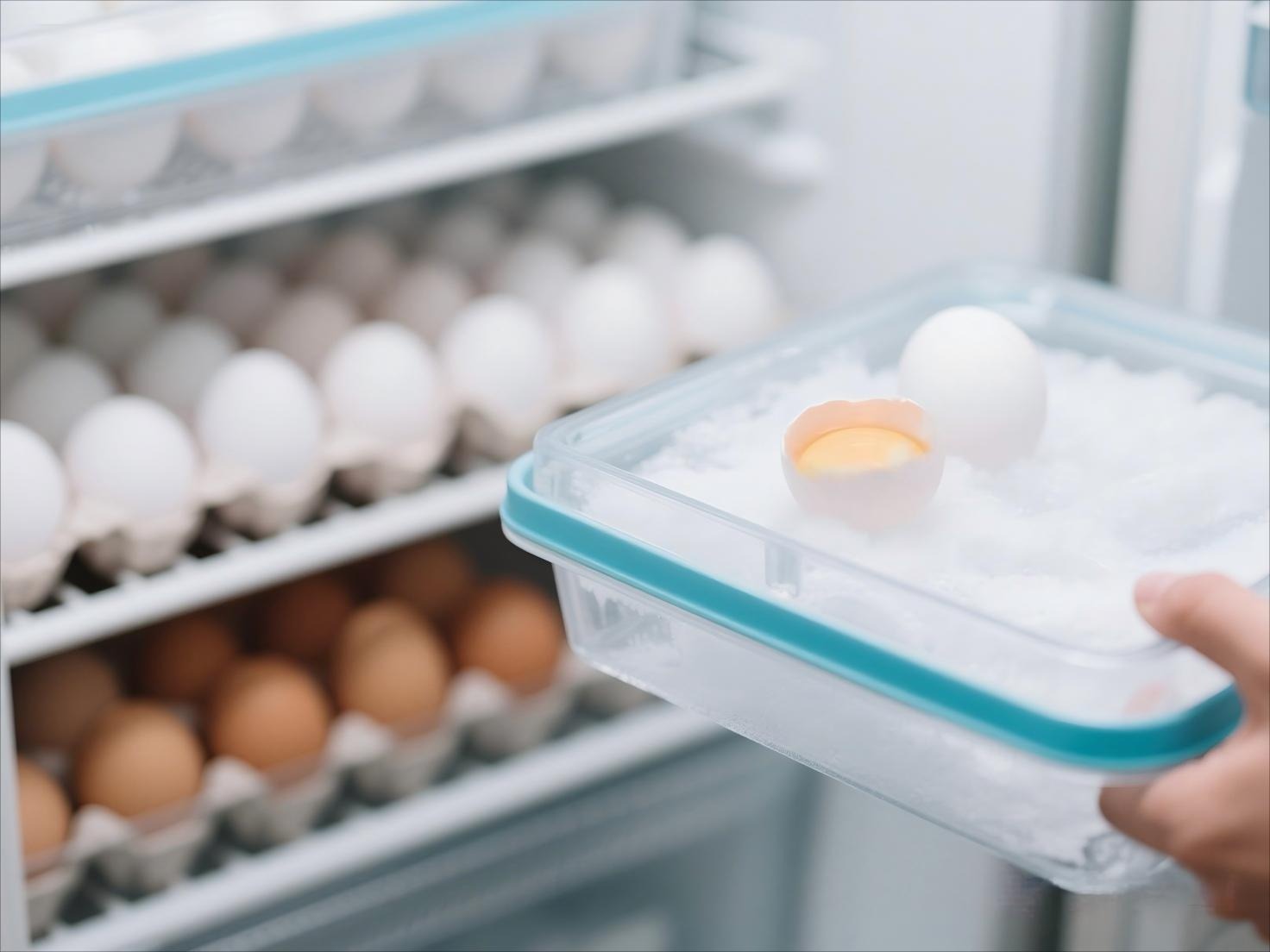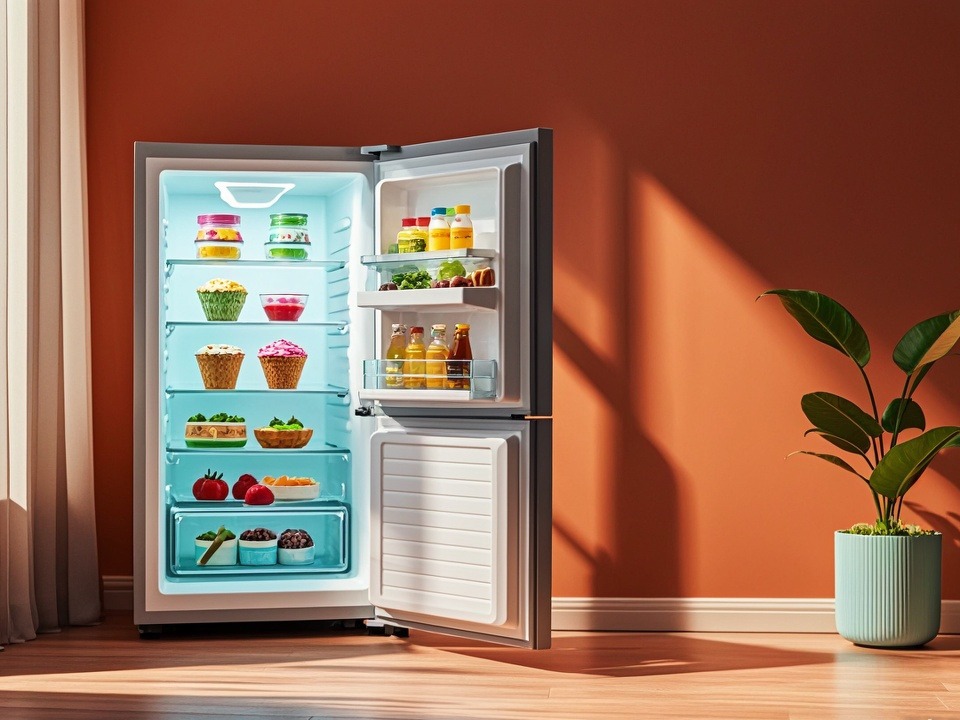You know that moment when you crack open an egg and realize it’s gone bad? Yeah, it’s the worst. But here’s the good news: freezing eggs is totally a thing. No, not in their shells—that’s just asking for a messy disaster. But if you do it right, you can keep eggs fresh for up to a year. That means no more last-minute grocery runs because you ran out of eggs for your famous pancakes.

Why Freeze Eggs in the First Place?
Eggs in the fridge seem like they last forever—until they don’t. The truth is, even refrigerated eggs lose quality over time. Freezing them is a game-changer, especially if you buy in bulk or want to save leftovers from a big baking session. The American Egg Board (AEB) gives freezing eggs the green light, so you know it’s legit.
How Long Do Eggs Really Last?
First, let’s bust a myth: expiration dates aren’t set in stone. They’re more about quality than safety. Whole eggs in the shell stay good for about 4-5 weeks past the pack date (that’s the Julian date stamped on the carton, like "001" for January 1). But if you want to extend their shelf life even further, freezing is your best bet.
Freezing Whole Eggs (The Right Way)
Don’t even think about tossing whole eggs in the freezer—shells crack, and nobody wants egg-splosions. Instead:
1、Crack and beat them like you’re making scrambled eggs.
2、Pour the mixture into a freezer-safe container or an ice cube tray (for easy portioning).
3、Label it with the number of eggs and the date.
Frozen eggs stay good for up to a year, but let’s be real—you’ll probably use them way before that.
Freezing Egg Whites and Yolks Separately
Got a recipe that calls for just whites or yolks? No problem.
For Egg Whites:
For Egg Yolks:
The One Thing You Should Never Freeze
Hard-boiled eggs. Just… don’t. Freezing turns the whites rubbery and the yolks chalky. If you’ve got leftovers, store them in the fridge for up to a week and use them in salads or as a quick snack.
How to Thaw Frozen Eggs Safely
When you’re ready to use your frozen eggs, transfer them to the fridge overnight. Never thaw at room temperature—bacteria love that middle ground between 40°F and 140°F. Once thawed, use them immediately for the best results.
Final Tip: Portion Control
Freezing eggs in ice cube trays is a genius move. One cube = about one egg, making it super easy to grab the exact amount you need. No more guessing or wasting!
So next time you’re staring at a carton of eggs that’s about to expire, don’t panic—just freeze ‘em. Your future self (and your wallet) will thank you.
























